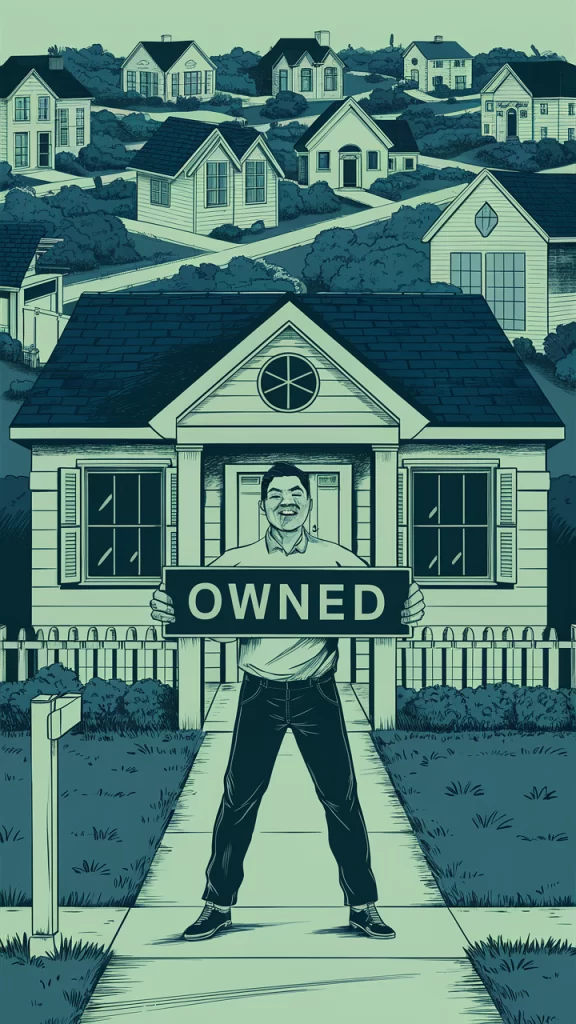
Airbnb Guest: A Host’s Guide to a Memorable Start
Facebook Twitter LinkedIn Reddit Email WhatsApp Welcome Your First Guest on Airbnb: A Host’s Guide to a Memorable Start Welcoming your first guest on Airbnb
Reverse mortgages have become a popular financial tool for older homeowners looking to tap into their home equity. However, many people still have questions and concerns about how they work. This blog will cover the pros, cons, and common misconceptions surrounding reverse mortgages to help you make an informed decision.
A reverse mortgage is a loan available to homeowners aged 62 and older. Unlike traditional mortgages, where you make monthly payments to the lender, a reverse mortgage allows you to receive payments. The loan amount is based on the home’s value, age, and current interest rates. You don’t have to repay the loan until you sell the home, move out permanently, or pass away.
Supplemental Income: Provide a steady income stream. This can be particularly beneficial for retirees who need extra funds for daily living expenses, medical bills, or home improvements.
No Monthly Payments: There are no monthly payments required. This can help reduce financial stress, especially if you’re on a fixed income.
Stay in Your Home: One of the key benefits is that you can stay in your home while accessing its equity. This allows you to maintain your lifestyle and remain in a familiar environment.
Non-Recourse Loan: Meaning you will never owe more than the home’s value. This protects your other assets and provides peace of mind.

Costs and Fees: Can come with higher upfront costs and fees than traditional loans. These can include origination fees, closing costs, and servicing fees, which may reduce the net loan amount.
Impact on Inheritance: Since the loan must be repaid when you move out or pass away, there may be less equity left in your home for your heirs. This can affect your estate planning and the inheritance you leave behind.
Home Maintenance and Taxes: To keep in good standing, you must maintain the property, pay property taxes, and keep homeowner’s insurance up to date. Failing to do so can result in loan default and potential foreclosure.
Complexity: Can be complex financial products. Understanding the terms, fees, and obligations requires careful consideration and often consultation with a financial advisor.
The Lender Owns Your Home: A common misconception is that the lender takes ownership of your home with a reverse mortgage. In reality, you retain ownership and can live in your home as long as you comply with the loan terms.
Only for Desperate Situations: Some people think reverse mortgages are only for those in financial distress. While they can provide a financial safety net, reverse mortgages are also used by homeowners who want to optimize their retirement finances.

Heirs Can’t Inherit the Home: Another misconception is that heirs cannot inherit a home with a reverse mortgage. Heirs can still inherit the property, but they must repay the loan balance, usually through the sale of the home or refinancing.
It’s Free Money: While reverse mortgages provide access to your home’s equity, it’s essential to remember that this is still a loan that accrues interest. Over time, the loan balance will grow, potentially reducing the amount of equity in the home.
Deciding whether a reverse mortgage is right for you depends on your financial situation, needs, and long-term goals. It’s important to weigh the pros and cons carefully and consult with a financial advisor. Understanding the facts and clearing up misconceptions can help you make the best decision for your retirement.
“You are not buying a house, you are buying a lifestyle.”
- Anonymous Tweet
Reverse mortgages can be a valuable tool for accessing home equity, but they are not without risks. By understanding the pros, cons, and misconceptions, you can make an informed decision that aligns with your financial goals and provides the peace of mind you need in retirement.

Facebook Twitter LinkedIn Reddit Email WhatsApp Welcome Your First Guest on Airbnb: A Host’s Guide to a Memorable Start Welcoming your first guest on Airbnb

Facebook Twitter LinkedIn Reddit Email WhatsApp Mastering Airbnb Policies and Legal Requirements: A Guide for Hosts If you’re considering hosting on Airbnb, understanding the platform’s

Facebook Twitter LinkedIn Reddit Email WhatsApp The Anatomy of a Perfect Airbnb Listing Creating an irresistible Airbnb listing is both an art and a science.